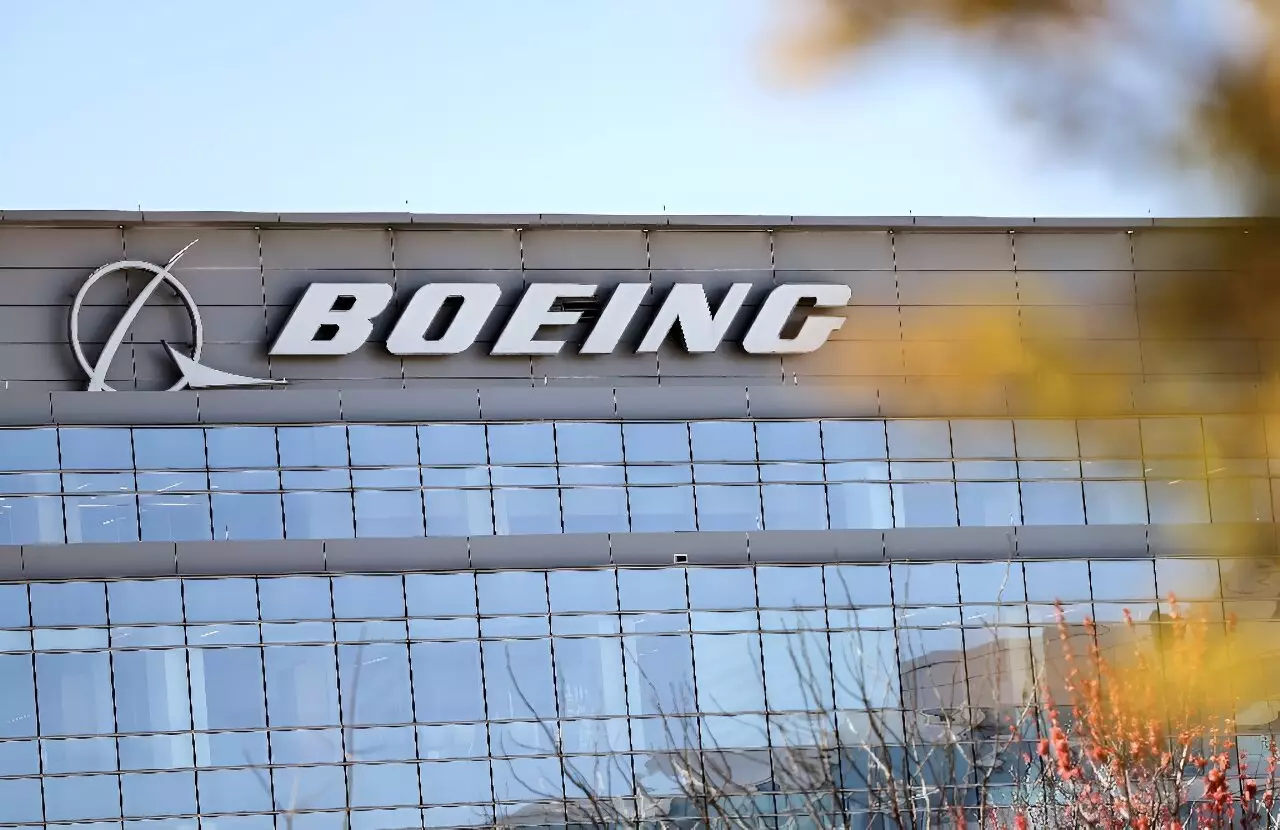Boeing, one of the leading aircraft manufacturers in the world, has recently been embroiled in a fraud scandal involving the fatal crashes of two 737 MAX airplanes in Ethiopia and Indonesia over five years ago. The US Department of Justice has reached an agreement with Boeing, in which the company will plead guilty to fraud. This comes after prosecutors found that Boeing had violated a previous settlement related to the crashes, resulting in the deaths of 346 individuals.
As part of the plea deal, Boeing will be required to pay an additional $243.6 million on top of an existing fine of the same amount. The agreement also mandates that Boeing undergo three years of “organizational probation”, during which an independent monitor will oversee the company’s compliance, quality, and safety programs. Moreover, Boeing is expected to invest at least $455 million in these areas, as outlined in the court filings.
While Boeing has expressed its commitment to enhancing safety and compliance measures, families of the crash victims have raised objections to the plea deal. They argue that it unfairly favors Boeing and provides concessions that other criminal defendants would not receive. The families believe that the agreement is based on deceptive and offensive premises, and have vowed to challenge it in court.
Implications of the Fraud Scandal
The Boeing fraud scandal has far-reaching implications for the company and the aviation industry as a whole. The revelation that Boeing failed to implement an effective compliance and ethics program raises concerns about the safety of its aircraft. The incident has also renewed scrutiny into Boeing’s manufacturing practices and regulatory oversight, with formal investigations launched by US regulators and Congress.
As Boeing navigates the fallout from the fraud scandal, the company faces a critical juncture in rebuilding trust with regulators, customers, and the public. The plea deal with the DOJ signals a willingness to address past shortcomings and improve internal controls. However, it remains to be seen whether Boeing can regain its reputation as a leading provider of safe and reliable aircraft.
The Boeing fraud scandal serves as a cautionary tale for companies operating in highly regulated industries. The consequences of failing to uphold ethical standards and compliance obligations can be severe, not only in terms of financial penalties but also in terms of reputational damage and loss of public trust. Boeing’s journey towards redemption will be closely watched by stakeholders across the aviation sector.


Leave a Reply
You must be logged in to post a comment.